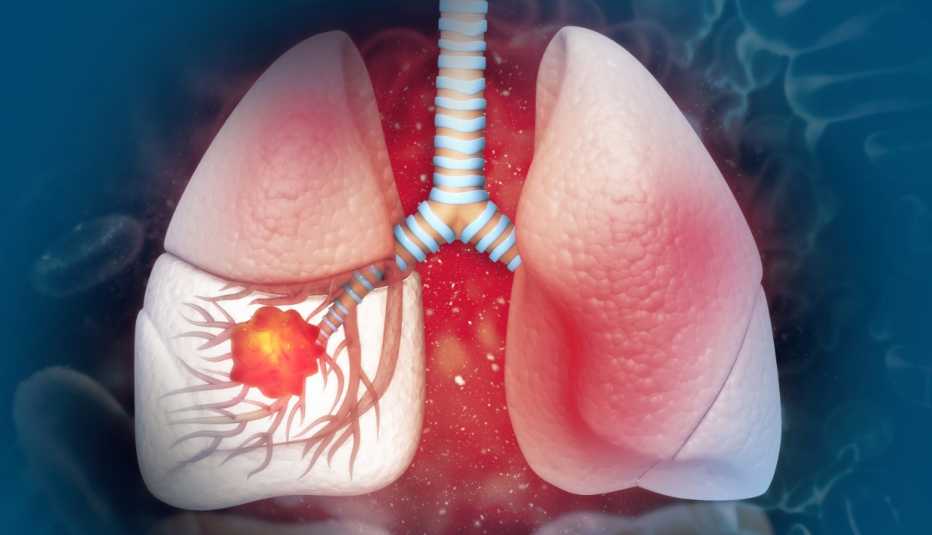AARP Hearing Center
In January 1993, Michael Milken was diagnosed with advanced prostate cancer. He was 46. “The cancer had spread through my body,” says Milken, author of Faster Cures, a new book about his cancer journey and the research advances it spurred. “They told me that I had 12 to 18 months to live.”
A urologist advised him to get his affairs in order and find a psychologist to help him, his wife and their children process the news. Milken had other ideas. “I was going to try a few other things first,” he says.
His cancer was treated with hormone-lowering drugs and radiation, while Milken overhauled his diet — replacing double cheeseburgers and corned beef sandwiches with soy shakes and raw vegetables — and got serious about exercise and meditation. And it worked. Yet as he crisscrossed the country meeting with leading cancer experts, he wondered, “Why is this very prevalent disease stuck in the Middle Ages of research?”
Shortly after his diagnosis, Milken started CaP CURE, the forerunner of the Prostate Cancer Foundation (PCF), the largest philanthropic organization funding prostate cancer research in the world.
Known for his headline-grabbing approach to junk bond investing and corporate takeovers, Milken’s Wall Street mindset fueled his assertive funding of medical research. He required researchers to collaborate, focused on young scientists and sent fast cash for approved projects.
About 30 years later, the PCF has helped fund important drugs for advanced prostate cancer, new multi-cancer blood tests, robotic surgery for prostate cancer, and understanding of prostate cancer growth, genetics, racial disparities, survivorship and future drug targets.
In a wide-ranging interview, Milken talked about his personal experience with cancer and his transition from financier to medical research funder.
What’s the impact of CaP CURE and the Prostate Cancer Foundation?
Our promise to the medical community was that we would work to double the funding for all life-threatening diseases, not just prostate cancer. The “Ca” stood for all cancers, the “P” for prostate and the “CURE” for all life-threatening diseases. We put on a march in 1998, and President Clinton signed into law the doubling of NIH funding, which culminated in the work of thousands of people. The PCF today is the largest private funder of prostate cancer research. If a person in my condition was diagnosed today, they would tell them they have at least five years to live and probably will not die from prostate cancer. There are 3.7 million more cancer survivors today than was predicted when we launched CaP CURE in 1993.









































































